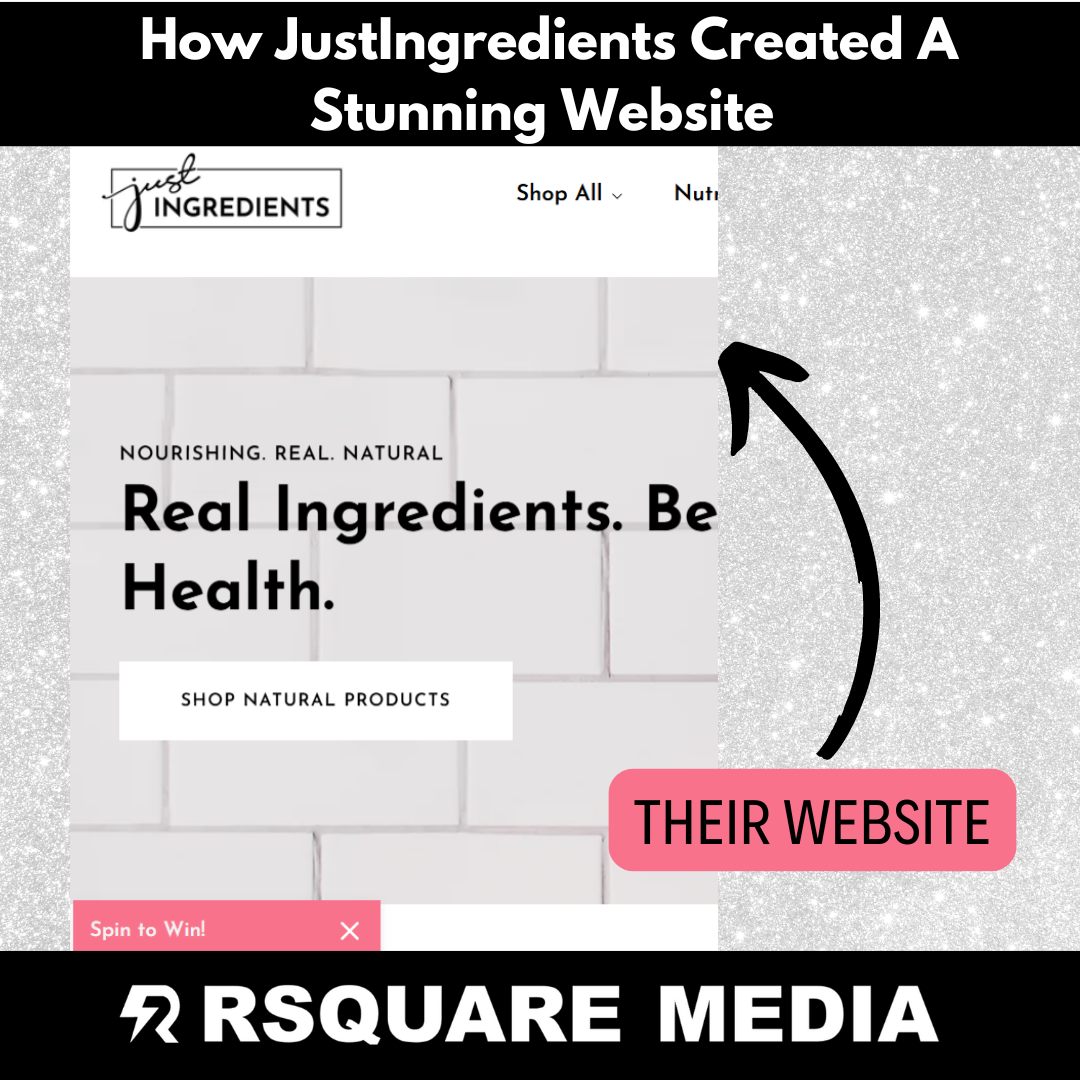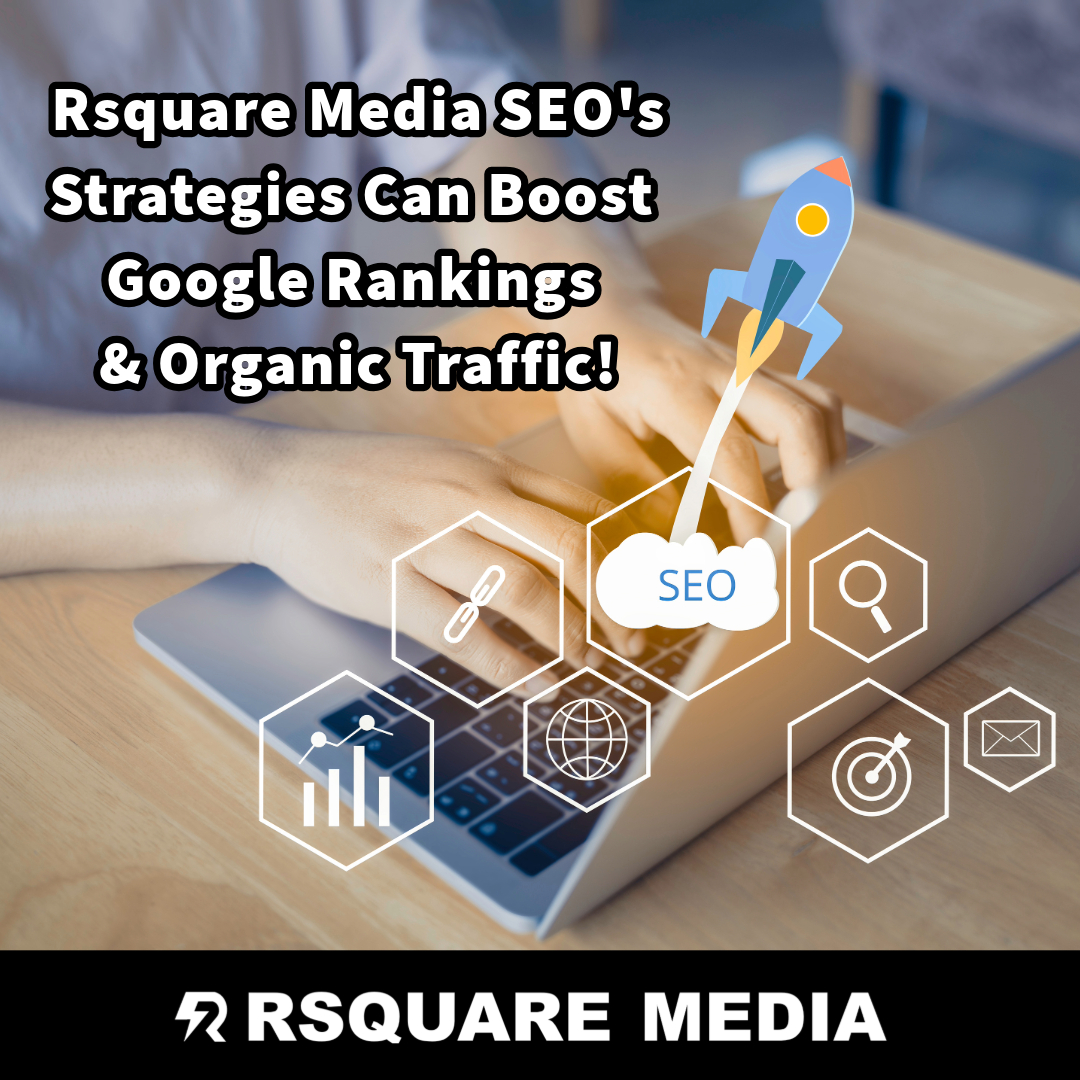Creating a website is no longer a daunting task reserved for tech-savvy individuals or professional developers. With the advancement of website builders, anyone can create a stunning and functional website. In this article, we’ll explore the best website builders available in 2024, focusing on their features, ease of use, and suitability for various needs. Whether you’re a web design company, a freelance web designer near me, or a software developer, this guide will help you choose the right tool for your projects.
Introduction to Website Builders
Website builders have revolutionized the way we create websites. These tools allow users to design and publish websites without writing a single line of code. They come equipped with drag-and-drop functionality, pre-designed templates, and a plethora of customization options.

Why Use a Website Builder?
The main advantage of using a website builder is its simplicity. They are designed for users of all skill levels. Here are a few reasons why you might choose a website builder:
- Ease of Use: No coding required.
- Cost-Effective: Cheaper than hiring a professional developer.
- Fast Deployment: Get your site online quickly.
- Customization: Plenty of design options to match your brand.
Best Website Builders in 2024
Let’s dive into some of the top website builders that you can consider in 2024.
a. Wix
Wix is one of the most popular website builders available. It’s known for its user-friendly interface and a vast selection of templates.
- Features:
- Drag-and-drop editor.
- Over 800 designer templates.
- Integrated SEO tools.
- App market for added functionality.
- Pros:
- Intuitive design interface.
- Extensive template collection.
- Great for beginners.
- Cons:
- Can become expensive with premium apps.
- Limited flexibility for advanced customization.
b. Squarespace
Squarespace is celebrated for its stunning design and elegant templates, making it a favorite among creatives and businesses alike.
- Features:
- Beautiful, high-quality templates.
- Strong blogging platform.
- Integrated e-commerce capabilities.
- Comprehensive SEO features.
- Pros:
- Gorgeous design options.
- Excellent for portfolios and online stores.
- Robust analytics tools.
- Cons:
- Slightly steeper learning curve.
- Higher cost compared to some competitors.
c. WordPress.com
WordPress.com offers a powerful, flexible platform for website building, ideal for bloggers and businesses looking for scalability.
- Features:
- Hundreds of themes.
- Customizable with plugins.
- Built-in social sharing and SEO tools.
- E-commerce integration.
- Pros:
- Highly customizable.
- Extensive plugin library.
- Great for content management.
- Cons:
- Can be complex for beginners.
- Requires ongoing maintenance.
d. Weebly
Weebly is known for its ease of use and robust e-commerce capabilities, making it a solid choice for small businesses.
- Features:
- Drag-and-drop builder.
- E-commerce integration.
- Marketing tools.
- Mobile-responsive themes.
- Pros:
- User-friendly interface.
- Affordable pricing plans.
- Good customer support.
- Cons:
- Limited customization options.
- Fewer design choices compared to competitors.
e. Shopify
Shopify is the go-to website builder for creating online stores. It’s packed with e-commerce features designed to help you sell products effectively.
- Features:
- Extensive e-commerce tools.
- Multiple sales channels.
- Customizable templates.
- Advanced SEO and marketing tools.
- Pros:
- Excellent for e-commerce.
- Easy to manage inventory.
- Scalable for large businesses.
- Cons:
- More expensive than other builders.
- Transaction fees unless using Shopify Payments.
Choosing the Right Website Builder
When selecting a website builder, consider the following factors:
- Purpose of Your Site: Is it a blog, an e-commerce site, or a portfolio?
- Ease of Use: How comfortable are you with technology?
- Customization Needs: Do you need extensive customization options?
- Budget: What can you afford for your website?
- Support: Do you need robust customer support?
Optimizing Your Website for SEO
Regardless of the website builder you choose, optimizing your site for search engines is crucial. Here are some tips:
- Keyword Research: Use tools like Google Keyword Planner to find relevant keywords.
- Quality Content: Create engaging and valuable content for your audience.
- Meta Tags: Include keywords in your meta titles and descriptions.
- Mobile-Friendly Design: Ensure your site is responsive on all devices.
- Fast Loading Speed: Optimize images and use caching to improve site speed.
Case Studies: Success Stories with Website Builders
Let’s look at some real-world examples of how different businesses have successfully used website builders.
Case Study 1: Small Business Using Wix
A local bakery used Wix to create a visually appealing website that showcases their products and allows online orders. The drag-and-drop editor made it easy for the owner, who had no prior web design experience.
Case Study 2: Portfolio on Squarespace
A freelance photographer built a stunning online portfolio using Squarespace. The elegant templates and customization options helped them attract new clients and showcase their work professionally.
Case Study 3: Online Store with Shopify
An entrepreneur launched an online clothing store with Shopify. The extensive e-commerce features, such as inventory management and multiple sales channels, contributed to significant sales growth.
Future Trends in Website Building
As technology evolves, so do website builders. Here are some trends to watch:
- Artificial Intelligence: AI-driven design assistants that help create websites faster.
- Augmented Reality: AR features for virtual try-ons in e-commerce.
- Voice Search Optimization: Ensuring websites are optimized for voice search queries.
- Improved Mobile Functionality: Enhanced mobile design capabilities for better user experiences.

Conclusion
Choosing the right website builder depends on your specific needs and preferences. Whether you’re a web design company, a freelancer searching for web designers near me, or a software developer, there’s a website builder out there for you. The key is to evaluate your options, consider your budget, and think about the long-term scalability of your site.
For professional guidance and a free quote, schedule a consultation with our expert team at Rsquare Media.

